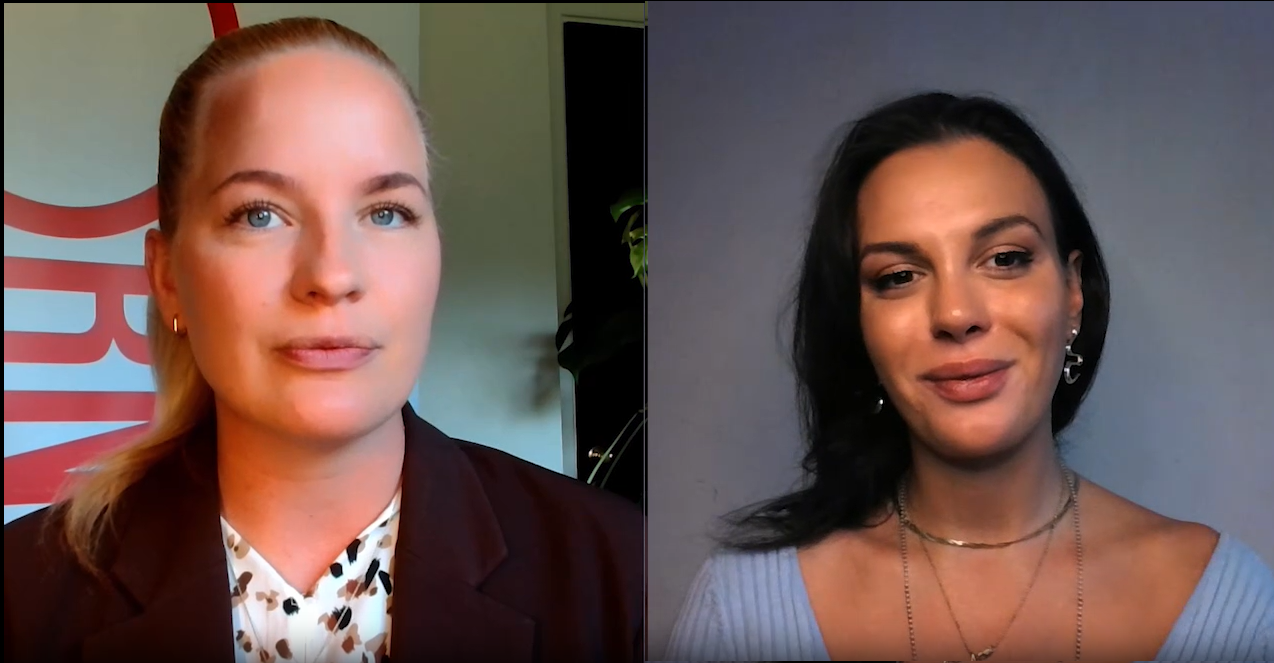Holly Black: Welcome to Morningstar. I'm Holly Black. With me is Bhavik Parekh. He is an analyst on the Morningstar Manager Research team. Hello.
Bhavik Parekh: Hello, Holly.
Black: So, you are our resident fund flows man. So, you look at what investors have been buying and selling each month. And what we've seen in March is they actually withdrew about almost 9 billion from funds. Is that surprising?
Parekh: No, not really, Holly. Generally, in the past when we've seen high levels of volatility and difficult market conditions such as what we saw in March, then, that generally is followed very quickly by high levels of outflows. So, given that in March we had many events which were record breaking, very fast, very quick bear market and every high levels of volatility, it's unsurprising that we saw investors withdraw on such high levels.
What I would say was more surprising is, within that total 8.7 billion net outflow is where the outflows came from and perhaps the areas of the market that benefited, what funds saw net inflows. So, overall, not surprising but perhaps given everything that's happened, everything is surprising at the moment.
Black: Yes, that's a fair observation. Actually, one of the things that did surprise me in the figures was that two of the best-selling funds in the month were tracker funds that follow the FTSE All-Share and I thought that was surprising at a time that the FTSE was down 20%, 25%. Why do you think that was?
Parekh: So, to give some context, these two funds that you are talking about, the FTSE All-Share trackers, they have been two of the best-selling funds in recent months. So, perhaps it's somewhat unsurprising to see them once again being the best-selling funds. However, what I will probably say is the that they were so popular in March attracting £1.2 billion between the two of them is that going into this crisis the UK market was already considered to be relatively undervalued and when the market is down over 30% from peak to trough, then investors must have seen that as a bargain and they thought, let's invest here while the market is so cheap. And even though markets around the world were down at similar levels, investors generally have a home bias. So, investors are looking to invest in an area of market where the things are cheap but they have lots of choices, generally looking to choose the home market because that's where they feel most comfortable.
Black: I also thought in March we would see more people sort of looking for safe havens and cautious fund options. And one of those is absolute return funds which kind of just try to beat inflation and always deliver a positive return. But these funds saw significant outflows in the month. Why do you think that was?
Parekh: So, over the past couple of years absolute return funds have had a very difficult time. We've seen high levels of net outflows. And the main reason for that has been poor performance. The performance just hasn't met expectations. They've not necessarily made big losses, but they haven't made the returns that they promised that they would make. And at times, for example, in the fourth quarter of 2018 when we saw markets fall, these absolute return funds didn't necessarily protect investors' money in the way that they would expect.
So, going into this market sell-off, investors were already withdrawing their money from these funds anyway. And the level in which they withdrew from these funds wasn't necessarily that much higher than in previous months. However, one possibility for the reason why it was slightly higher in March was that investors saw that the market was down 20%, 25%. They thought, okay, my absolute return fund has kind of delivered on its promise to not lose me too much money or maybe finish flat in many cases. So, now, let's risk on. Let's withdraw from that fund and maybe put it into an equity fund where the upside potential is far higher.
Black: Okay. So, overall, looking at the figures, what are a couple of key takeaways that you think they tell us about how investors are feeling at the moment or were feeling in March?
Parekh: Well, that's always a difficult one to tell exactly what investors are thinking. As you know, there are literally millions of us all investing all with different thoughts. However, there are probably a couple of key takeaways that we could say what investors are thinking. One, investors probably wouldn't have invested so highly into the FTSE All-Share trackers if they didn't believe that a sharp recovery in the markets was going to occur in a relatively short timeframe, whether that's in a few months or less than a year. And second of all, the reason that we saw such high levels of outflows from fixed income markets was that clearly investors were far more concerned about their fixed income investments than they were about the equity ones. So, I think, those are probably the main two takeaways. But as I said in the previous answer, there have been such high levels of volatility, things change every day. So, we could see in April that investors suddenly realize that everything isn't that bad, and we see high levels of outflows. It changes every day. So, we'll just have to keep an eye on it.
Black: Bhavik, thank you so much for your time. For Morningstar, I'm Holly Black.




























